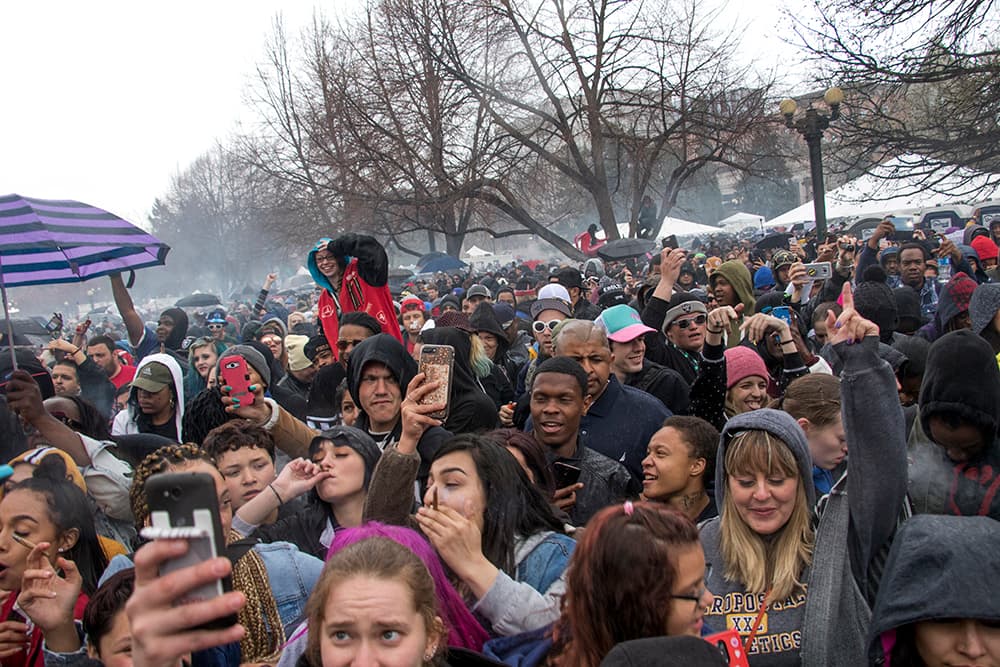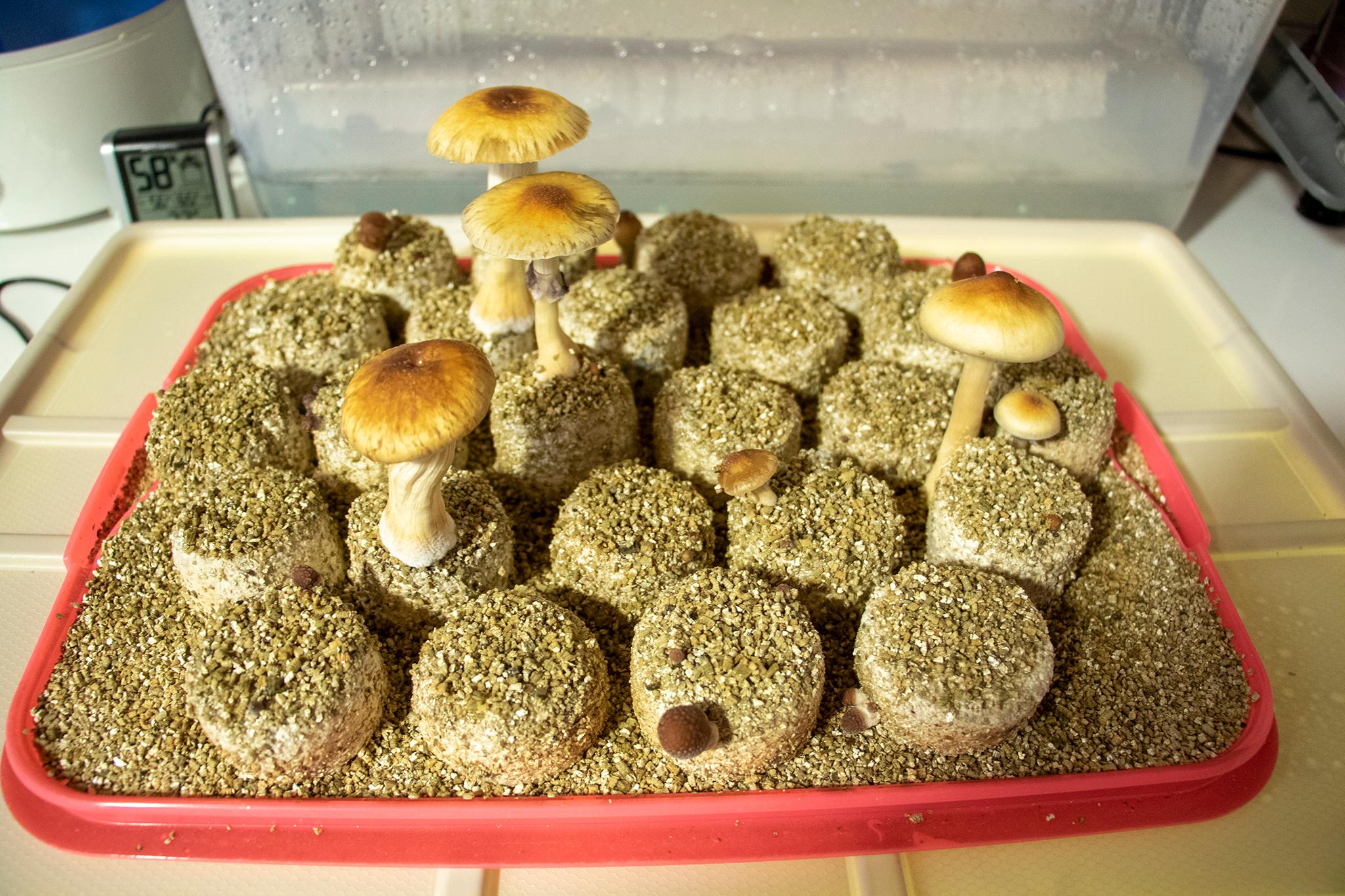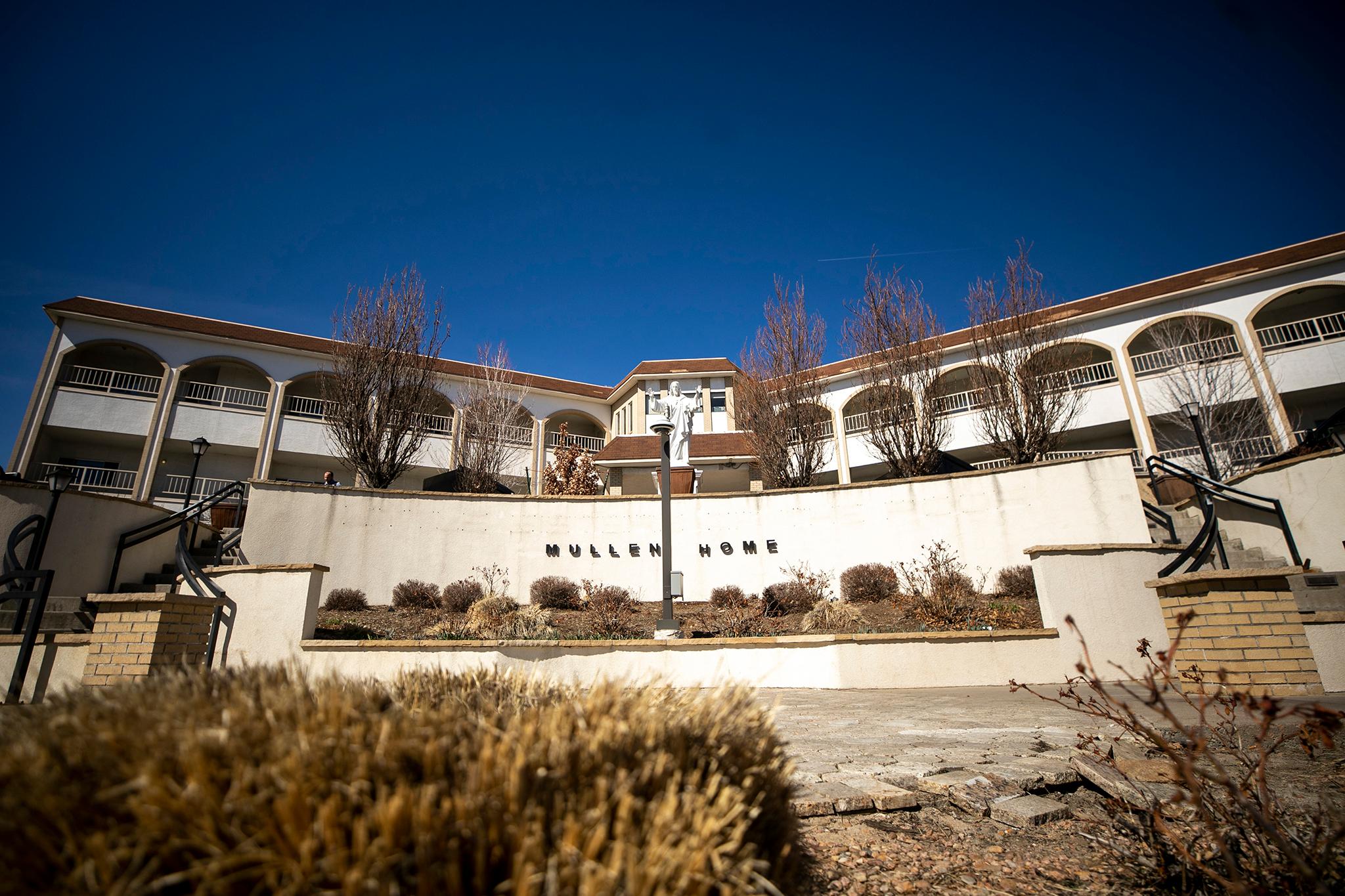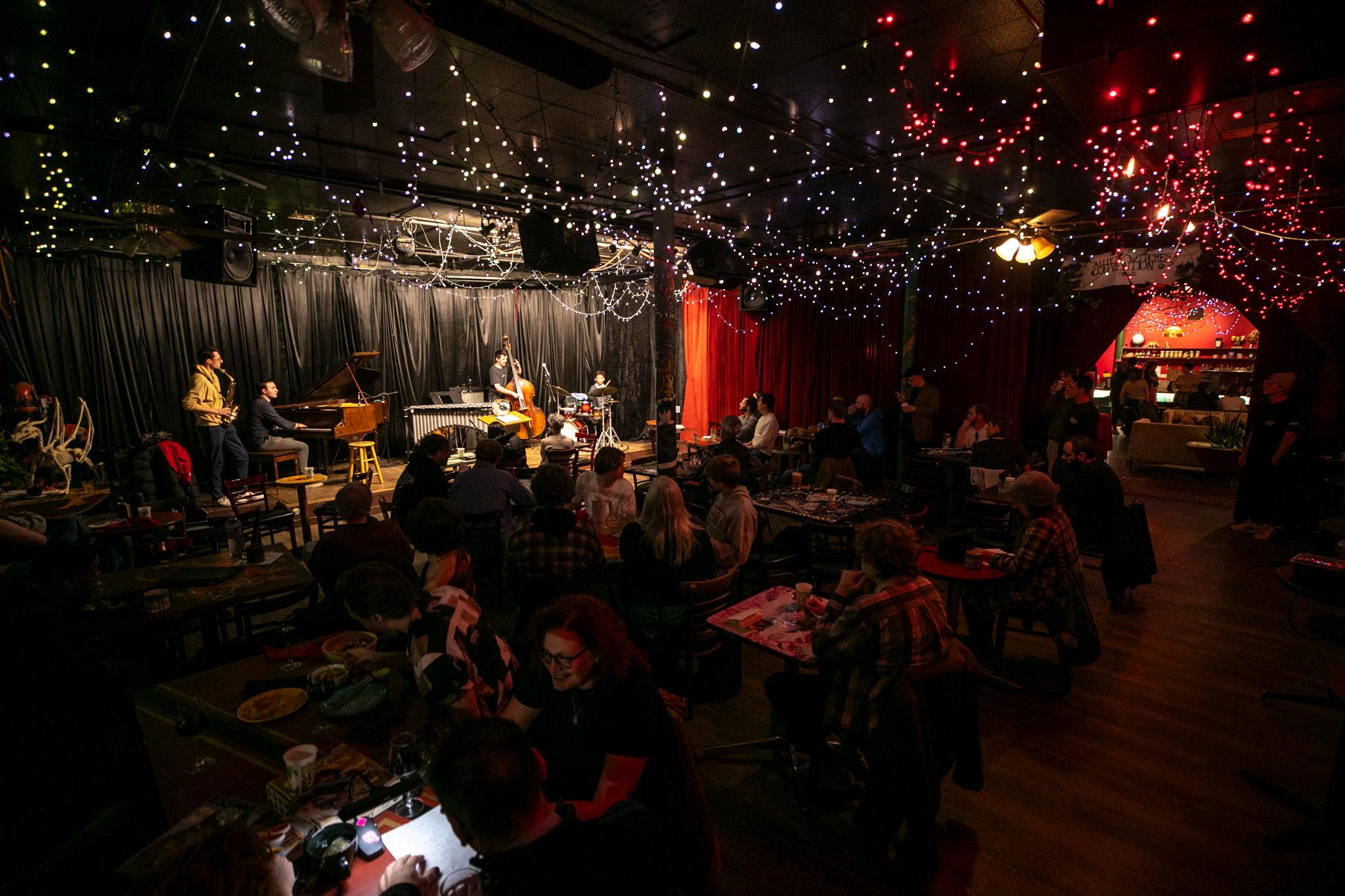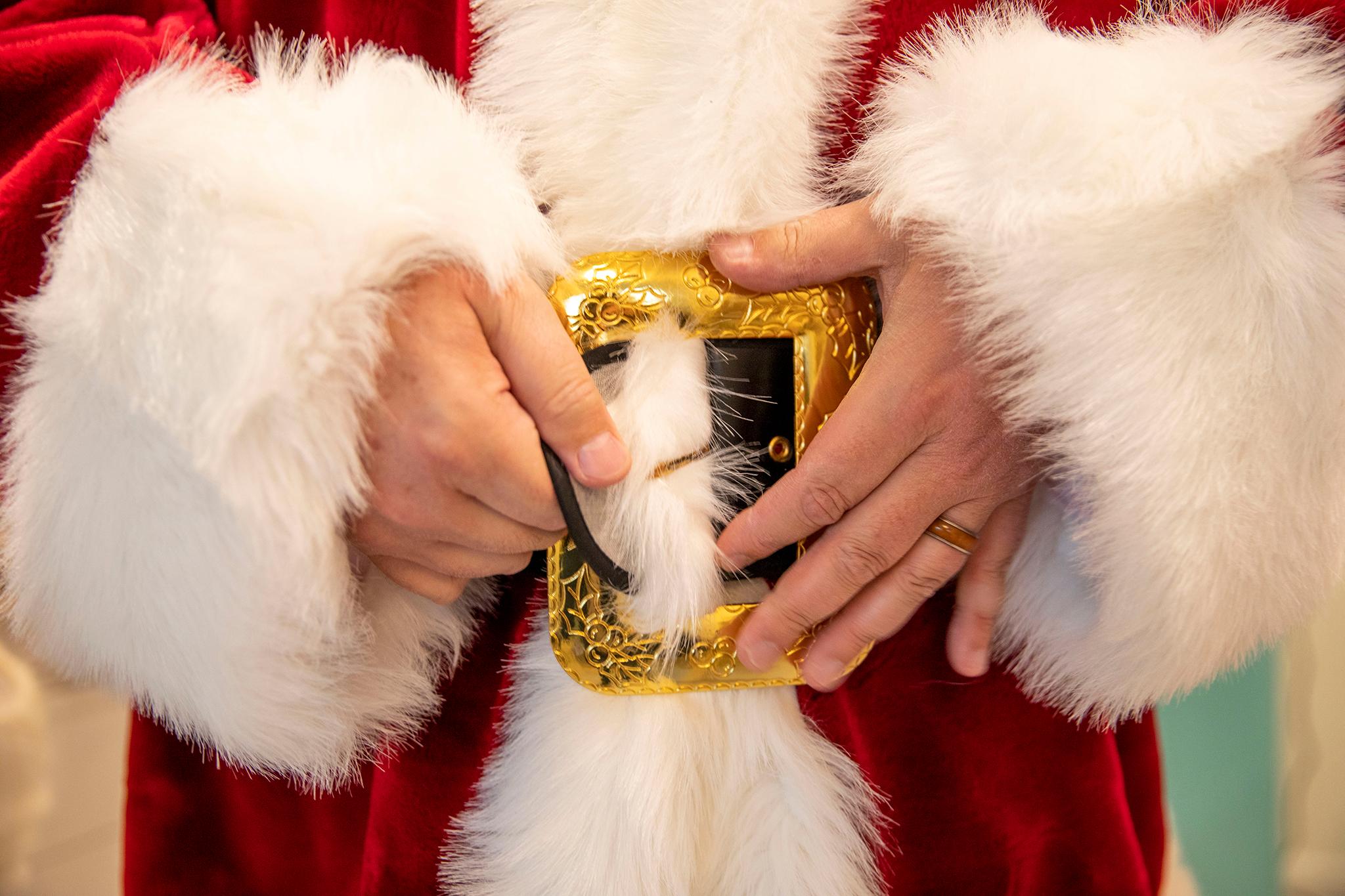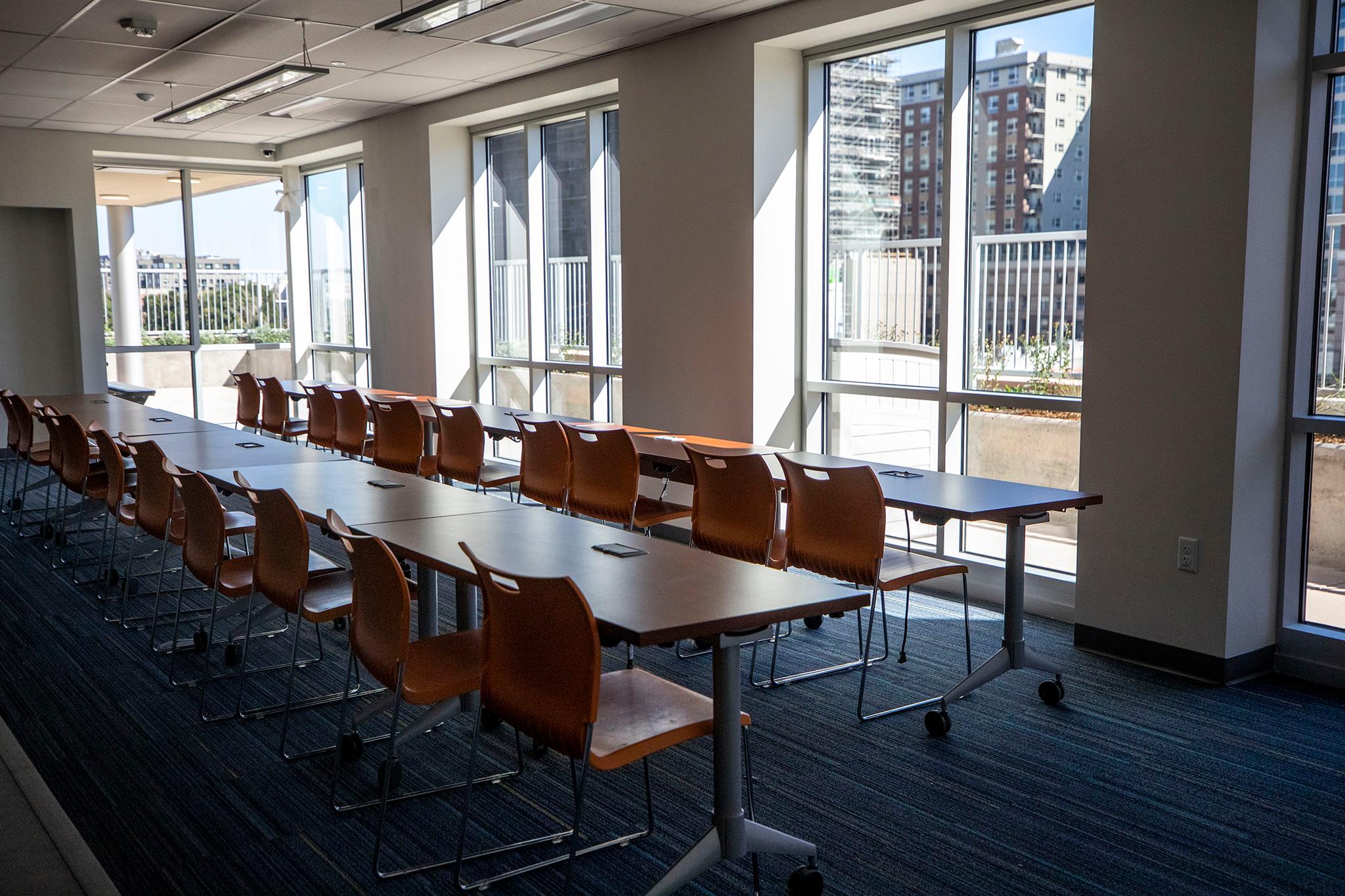Update: DPD told us they also gave out zero marijuana-related tickets at the 4/20 fest on Saturday.
Corinne Eastman thought she knew what she was getting into when she wandered towards the haze hanging over Denver's annual 4/20 festival in Civic Center Park in 2018.
(Did you come here for 4/20 event listings? Try this post!)
"You see the billow of smoke everywhere, and you walk in and assume you can smoke," she remembered. "My friend and I went and sat down on a patch of grass and lit up a joint."
But her sense of ease was misplaced. Police officers approached them moments after they sparked up, told them to put it out and ticketed them for unlawful open consumption as hundreds of others smoked their own stashes across the lawn.
"That ended up being a $150 joint," she said. "I think it's ridiculous."
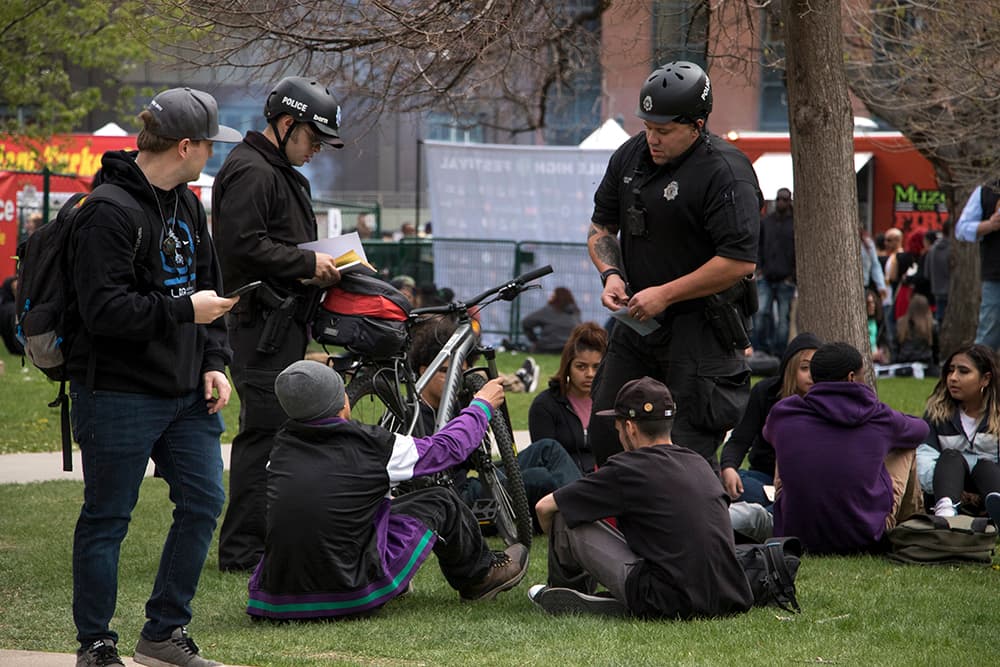
Eastman – anyone – could get ticketed again if they smoke at the festival this year.
It's been a decade since Colorado legalized recreational marijuana and became a testing ground for new regulations on the substance. While Amendment 64 cleared the way for retail sales and use in private settings, smoking pot in public remains illegal.
This made for strange scenes during 4/20, the stoner high holiday, where signs telling people not to smoke in public sat on Civic Center Park's edges while everyone in the park did exactly the opposite.
Denver Police officers often waited on the sidelines, ticketing people who got too close.
DPD data shows between 15 and 42 people each year were issued citations or arrested for marijuana-related crimes at the event from 2015 to 2019. The festival was canceled in 2020 and 2021, thanks to a pandemic.
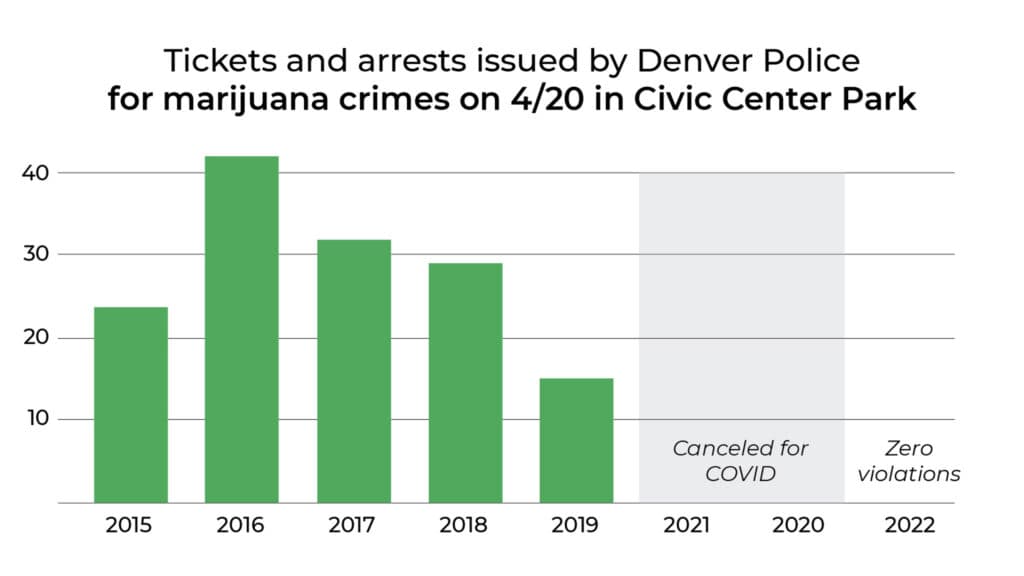
And though police issued zero tickets at the park last year, DPD says they still could do it on Saturday.
"Consuming marijuana is still illegal. Officers will be at the event for general security but may also cite people for consuming in public," DPD spokesperson Jay Casillas wrote Denverite. "DPD’s goal is to educate the public regarding public consumption of marijuana, but individuals may be cited if they continue to consume marijuana in public. This has been the focus for the past few years, which could explain the decline in citations."
The 4/20 fest is a paradox that highlights how Colorado's marijuana policy is still kind of unsettled.
The state's legislature has continued to reshape its policy in the last 10 years.
In 2021, for example, lawmakers doubled the amount of marijuana someone could possess at one time while adding more hoops for medical patients to jump through.
Ashley Weber, executive director of Colorado's National Organization for the Reform of Marijuana Laws (NORML) chapter, said ticketing at Denver's 4/20 festival demonstrates how much work those laws still need.
"That's probably one of the biggest things that consumers have been frustrated about since legalization," she told us. "With it being recreationally legal now, I feel you should be able to smoke it as you do a cigarette."
That's how the rules work in New York, which legalized marijuana in 2021.
People will smoke outside, even if it's illegal, Eastman said, they'll just hide it. She'd rather not worry about police.
"It's an uncomfortable experience," she said. "I'd love to see it change."
Weber said a lot of NORML's work today focuses on medical access, like making it possible for patients to use prescribed marijuana in hospital settings. Meanwhile, debates about restricting retail marijuana's potency have continued and businesses have waited to see if the federal government will reschedule the substance and give them long-sought access to the nation's full banking system.
As advocates like Weber wait for Colorado to loosen its own rules, cities like Denver have attempted to give people other places to smoke together.
In 2021, Denver's City Council passed a measure that made way for a "marijuana hospitality" license, which would allow for smoking lounges. It was open first to people who qualified for "social equity" status, meaning applicants who must have been negatively impacted by the war on drugs.
Three years later, no smoking lounges have actually opened in town, though that's poised to change.
Chris Chiari got one of those first hospitality licenses and has been working to open a lounge at his Patterson Inn hotel in Capitol Hill. City officials have been very helpful along the way, he said, he's just been slowed down by a lot of infrastructure challenges.
"My add-on cannabis lounge has still been bogged down, like everyone else, with some unique challenges – unique in that none of us had ever done it before," he told us. "Ventilation became the hurdle, but I'm very confident I'm through that now."
He hopes the new space might be open this year.
Chiari, like Weber, said he'd like Colorado to allow smoking outside. He saw what it could be like on a New York City patio.
"That venue was very accommodating, and very comfortable, with both cannabis and cigarettes being consumed," he said.
He added he doesn't think looser rules would hurt his future lounge business, since he views it more as an add-on to the hotel than a moneymaker by itself. But Weber said people who want to open up stand-alone lounges will probably face tough economics on top of operating regulations.
"Nobody's been able to prove that a business model is going to be able to make money as a social consumption lounge," she said. "It's one of the hardest business models to try to make money and keep and stay open."
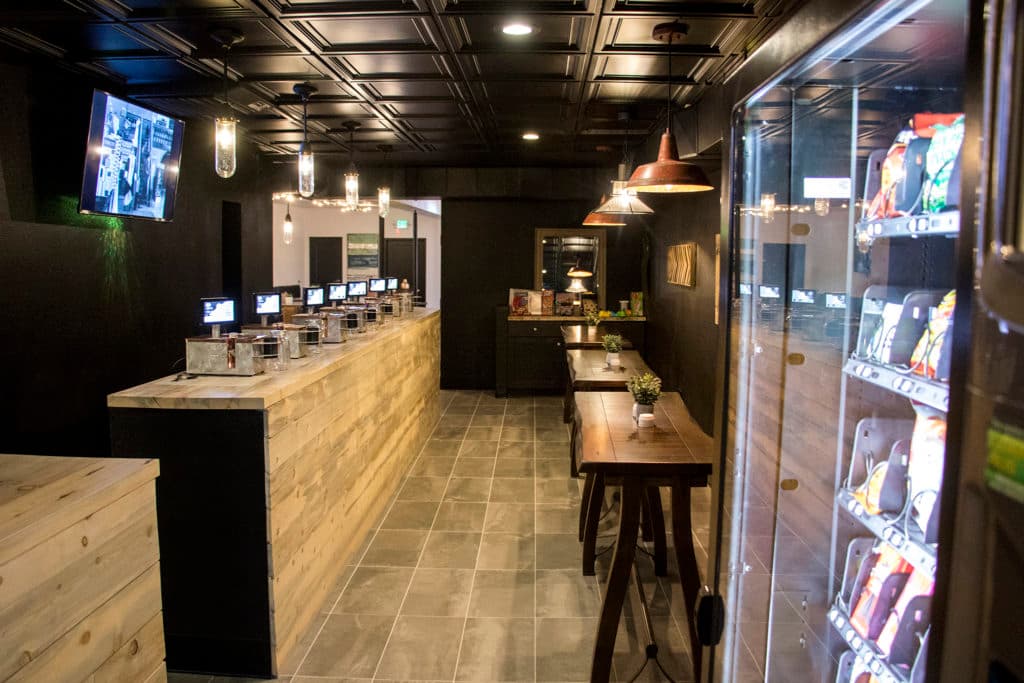
There are still plenty of advocates who would rather not see legal marijuana use expanded.
Denver's 4/20 festival required an ID check for the first time in 2022, the result of collaboration between event organizers and One Chance to Grow Up, a group founded after legalization to reduce kids' exposure to marijuana.
Henny Lasley, One Chance's executive director, said instituting ID checks was an obvious move. Denver Public Schools' attendance records suggested a lot of kids were ditching class to attend, which was both a violation of the law and an unacceptable risk for their futures. Of the 142 violations handed out at 4/20 between 2015 and 2019, seven were given to minors.
While Lasley's organization does weigh in on policy, she said they're mostly working to influence things within the context of legalization, not bring back marijuana's prohibition.
"We don't debate whether Amendment 64 is a good thing or a bad thing," she said. "We need really robust rules where we can make sure kids are as impacted as little as possible."
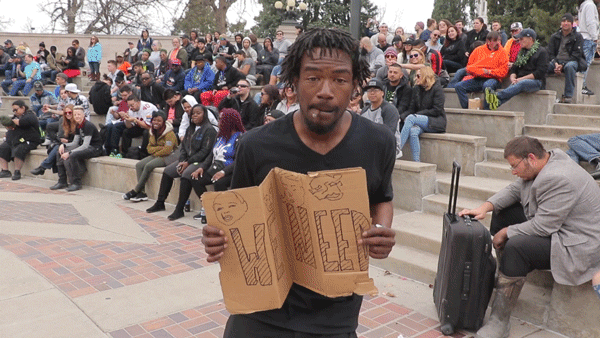
Lasley said her main concern is "normalizing" marijuana use for kids. In the same way she worries exposing children to cigarettes or vapes could direct them towards a nicotine addiction, she said allowing people to smoke marijuana in public would make them think it's ok to engage with it while they're still underage. Any policy change would need to keep that in mind.
"It needs to have balance, and it needs to have thought process, and it needs to have data, and it needs to have public health in the mix," she told us.
So groups like One Chance to Grow Up could oppose some future effort to make smoking outside legal, and remove the hypocrisy of Denver's 4/20 festival.
For now, Lasley said she's happy with the event's age restrictions. And is it OK that 4/20 continues in this weird gray area, for the time being? That, she said, is a question best left to city leaders.

